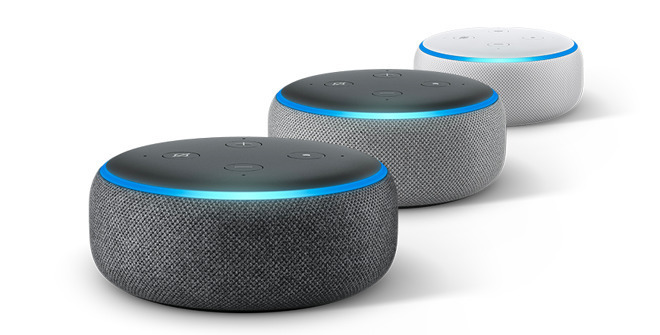
There are few things as revealing as a person’s search history, and police typically need a warrant on a known suspect to demand that sensitive information. But a recently unsealed court document found that investigators can request such data in reverse order by asking Google to disclose everyone who searched a keyword rather than for information on a known suspect.
In August, police arrested Michael Williams, an associate of singer and accused sex offender R. Kelly, for allegedly setting fire to a witness’ car in Florida. Investigators linked Williams to the arson, as well as witness tampering, after sending a search warrant to Google that requested information on “users who had searched the address of the residence close in time to the arson.”
The July court filing was unsealed on Tuesday. Detroit News reporter Robert Snell tweeted about the filing after it was unsealed.
Isn’t that special?








